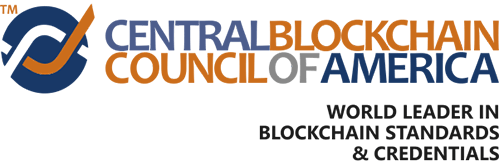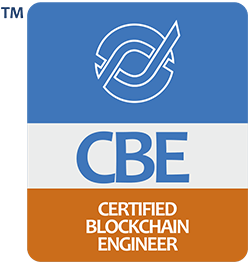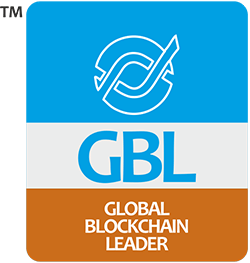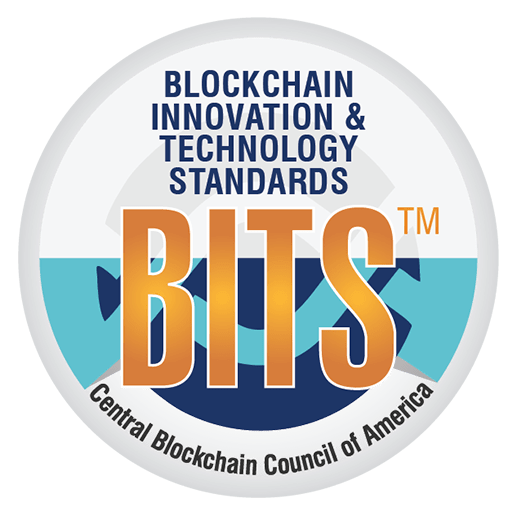Jul 15, 2020
As we head into the third decade of blockchain, we witness that the technology is disrupting the way we do business. Since its beginning in 1991, the technology is credited as ‘a trusted solution for tasks requiring a shared, trusted, and tamper-proof database.’ Interestingly, commercial applications like trade finance, clinical record-keeping, provenance verification, taxation, voting, and cross-border payments are being managed efficiently through blockchain technology.
In our previous web journals, we have discussed blockchain solutions for healthcare, logistics and e-commerce.
In this one, let’s explore how and why blockchain should be a strategic priority for M&As.
M&A depicts the actions required during the consolidation of companies through financial transaction vehicles like mergers, acquisitions, purchases, assets swap, share transactions, and management acquisitions. It is a complex, time-consuming, and costly process involving a team of bankers, auditors, regulators, institutional investors, arbitragers, government, equity partners, and advisors. The other layers of complexity include a variety of payment options and unique objectives of the deal for each company.
How can we shred these layers of intricacy through blockchain technology? Before we envision, let’s revisit the legacy technology for M&A deals.
Legacy technology as the deal-breakers of M&As
The paperwork to complete an M&A deal is tedious. The participating parties consolidate data across multiple financial and non-fiscal reports like:
- balance sheets,
- P&L statements,
- asset registers,
- shareholding patterns,
- inventory details, and
- more.
This process may involve discrepancies, reconciliations, holding up of the finance, internal and external resources. The lifecycle of an M&A deal involves multiple parties such as lawyers, auditors, tax consultants, external M&A advisors, and all of them have their disparate manual processes. So, time, cost, and uncertainty of return on investment make companies often wary in M&A dealings. The lengthy and cost-intensive process makes it particularly difficult for SMEs to take advantage of M&A.
Blockchain revolutionizes mergers and acquisitions by replacing these expensive and inefficient process. It makes a deal successful.
Blockchain technology as the deal-makers of M&As
M&A is the most commercially sensitive process in the financial spaces and many of the inefficiencies center around the issue of establishing trust. Lawyers and brokers facilitate trust between the two parties partaking in the transaction. Also, as mentioned, time and cost are critical variables to lessen the impact of a pandemic-induced slowdown.
Blockchain establishes trust and shares information more effectively and securely through its decentralized and irrefutable ledger of transactions.
“R. Jesse McWaters, financial innovation lead at the World Economic Forum says that blockchain application in M&A or any other financial services will do a lot to increase data connectivity between the regulators and financial services industry.”
Let’s understand how blockchain can transform the M&A process, remove the cost and trust barriers among investment bankers and accounting firms and make a deal successful.
Smart contracts:
Smart contracts improve process quality, reduce costs, improve deal certainty, reduce efforts even after deal closure, and post transactional activities. Smart contract -
- Verifies interested parties while assuring traceability as early as the declaration of intent
- Streamlines the process of negotiating M&A contracts through a constant exchange of mutual "markups" of the draft contract and the execution of the contract.
- Automates the payment and the asset-/ share transfer while ensuring mutual trust.
- Automates transactions, triggered if certain obligations and conditions are met.
- Enables dealmakers to enter into agreements with a higher level of comfort and less risk.
- Generates intelligent earnouts. Based on the earn-out provisions, automatic payments can get triggered as soon as a conditioned target is reached.
Due diligence:
Currently, virtual data room providers like Intralinks are used for verifying every contract with various sub-contractors, their signatures, and performance stages during due diligence. By shifting the due diligence process to Blockchain, we get a permanent, real-time, and immutable record of the information disclosed during due diligence. Within a short span, Blockchain codes verify and execute merger agreements, thereby providing major cost savings for buyers and sellers.
Intellectual Property assets:
Blockchain assists in recording Intellectual Property (IP) assets, thereby simplifying the due diligence exercises necessary for IP transactions. It facilitates peer-to-peer transactions, provides security, and simplifies the trade of IP where all inventions, designs, and proofs of use get verified easily for integrity and transfer.
So, during the M&A process, if we want to do things more efficiently with fewer expenses and easily, then we should go for blockchain technology.
Here are a few instances wherein firms are active in implementing blockchain technology in their financial affairs.
- Coinbase, Binance, and Kraken are the most active firms in acquisitions, -2020 research analysis report by The Block’s John Dantoni.
- NetCents Technology, a blockchain-based payments company has recently engaged Boustead Securities to screen and negotiate acquisitions and identify institutional investment for NetCents.
To summarize…
Blockchain seems fit to make M&A negotiations and due diligence cost-effective, efficient, and accurate at a faster rate. We saw Artificial Intelligence in fiction movies, now they are the norm.
It will be the same with Blockchain. As our finance services infrastructure continue to evolve digitally, Blockchain will become a strategic priority for M&A functions with its unprecedented efficiency and trust highlights.
We look forward to seeing how the trend will get imbibed and form the neo normal in all future mergers and acquisitions. Quite obviously, those days are near.
How you are planning to conduct the next merger and acquisition?








